In the digital age, data has gone beyond the role of storing information, becoming the "blood vessels" of every developing system. For the field of science and technology where knowledge is created every day, data plays a key role, helping to make accurate decisions, allocate resources reasonably, forecast trends and measure policy effectiveness.
This Data Strategy of the Ministry of Science and Technology is built with a consistent viewpoint: Data is strategic infrastructure. It is not just a conceptual declaration, but a concrete step to build a unified, modern, secure and open data ecosystem, serving the two goals of effective state governance and promoting innovation in society.
The Ministry of Science and Technology identifies data as the new energy source of the knowledge economy where information is connected, knowledge is shared and technology is developed based on practical evidence.
One of the fundamental changes that the Data Strategy aims for is to transform the management model from report-based administration to operations based on data, evidence and real-time analysis.

Data is strategic infrastructure.
All data on scientific research, technology transfer, intellectual property, quality measurement standards, innovation, etc. will be integrated, interconnected and analyzed synchronously in an open data system.
Thanks to that, the Ministry can monitor progress, evaluate investment efficiency, detect bottlenecks early and adjust policies promptly, instead of depending on manual reports and fragmented data as before.
Along with that, all public services and administrative procedures of the Ministry will be digitized, following the principle of "data entered only once, used many times". This is an approach that helps cut costs, save time, increase transparency and improve the quality of service for people and businesses.
A highlight of the Strategy is the approach of considering science and technology data as a special type of resource, no less valuable than natural or financial resources.
Data is not only for internal management, but also open, shared and exploited as a resource for innovation.
The Ministry of Science and Technology encourages public-private partnerships in data development, processing and sharing, thereby mobilizing social resources for data development, management and commercialization. When data is circulated and used with copyright and transparency, it will create a market for science and technology data, where knowledge value is clearly defined and makes practical contributions to the digital economy.
Along with data openness, the issue of data standardization and security is given top priority. The strategy aims to build a data system according to national and international standards, ensuring interoperability between ministries, branches, localities and international organizations, while complying with the principle of national data sovereignty.
The S&T data infrastructure will be designed to flexibly combine cloud computing and national data centers, optimizing costs while still ensuring safety, security and stable operation.
Common catalogs, identification standards, and regulations on open data, research data, and public administrative data will be issued, creating a basis for seamless connection and sharing between systems.
The Data Strategy to 2030 sets out a long-term vision to make the Ministry of Science and Technology a pioneering agency of the Digital Government, leading the national data ecosystem on science, technology, innovation and digital transformation.
By 2030, all administrative records in the science and technology sector will be digitized, completely replacing paper copies, moving towards a paperless administration.
All public services of the Ministry are provided in a digital environment, in which data is the core element of every process. Thousands of open data sets will be published to serve the research community, businesses and people, opening up a rich and equal space for data exploitation.
In particular, the team of cadres, civil servants and public employees in the science and technology sector will be equipped with skills to analyze, exploit and use data in management, operation and policy making.
These goals clearly demonstrate the determination of the Ministry of Science and Technology in building a transparent, flexible, serving and oriented data administration for people and businesses.
The strategy also emphasizes promoting data sharing and connectivity among units within the Ministry, between the Ministry of Science and Technology and ministries, branches, localities, research institutes, universities and enterprises. This will form a unified, synchronized science and technology data ecosystem and expand international connections, contributing to bringing Vietnam into the global standards of governance, access and security of scientific data.
The Ministry of Science and Technology's data strategy to 2030 is not only an action plan but also a national vision for knowledge management in the digital age. It affirms the role of the Ministry of Science and Technology in creating a knowledge data infrastructure - where knowledge is digitized, technology is connected, innovation is promoted and all policies are shaped on the basis of data.
Source: https://mst.gov.vn/chien-luoc-du-lieu-bo-khoa-hoc-va-cong-nghe-den-nam-2030-quan-tri-tri-thuc-trong-thoi-dai-so-197251016153629834.htm



![[Photo] Closing ceremony of the 18th Congress of Hanoi Party Committee](https://vphoto.vietnam.vn/thumb/1200x675/vietnam/resource/IMAGE/2025/10/17/1760704850107_ndo_br_1-jpg.webp)




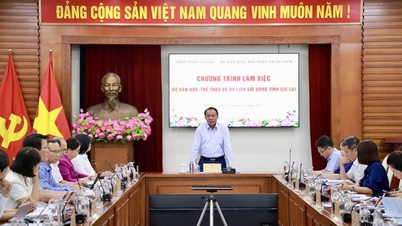


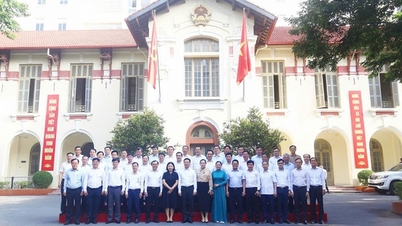

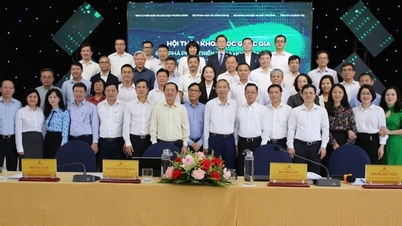









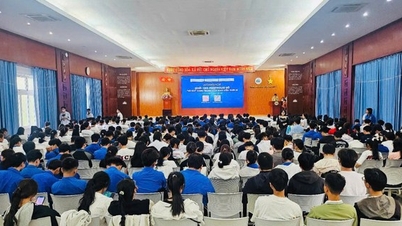
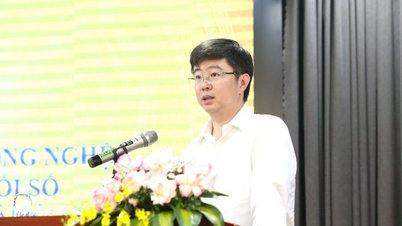

![[Photo] Nhan Dan Newspaper launches “Fatherland in the Heart: The Concert Film”](https://vphoto.vietnam.vn/thumb/1200x675/vietnam/resource/IMAGE/2025/10/16/1760622132545_thiet-ke-chua-co-ten-36-png.webp)






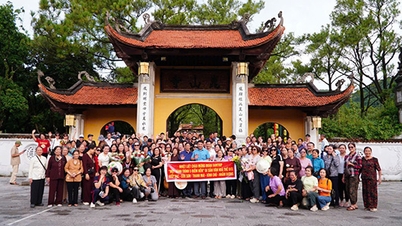


















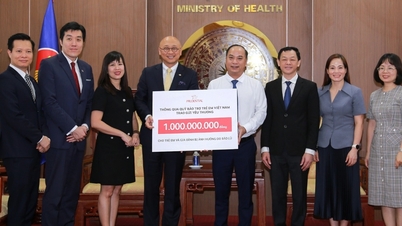

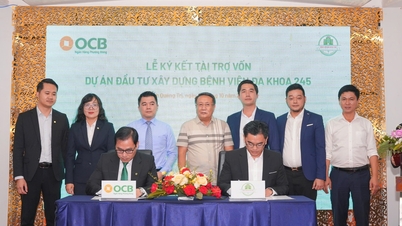


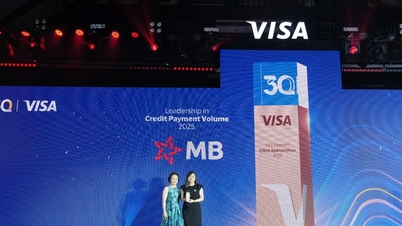















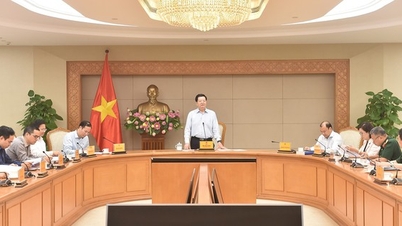

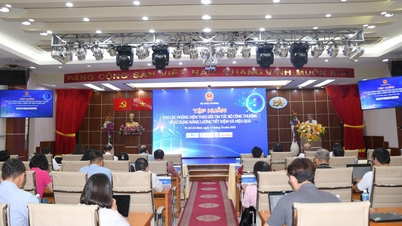


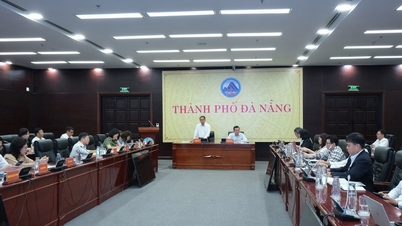

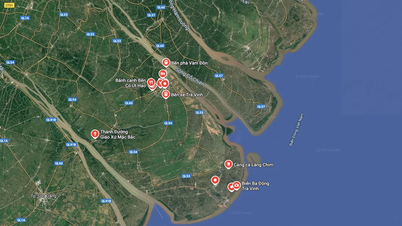






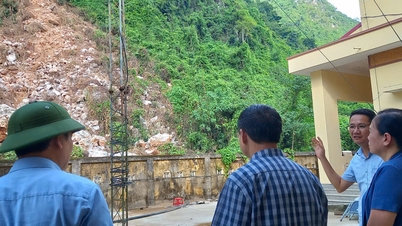





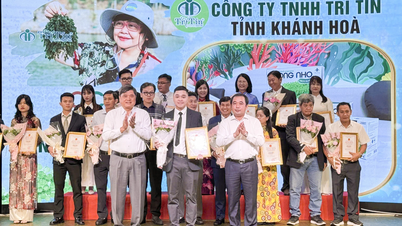











Comment (0)